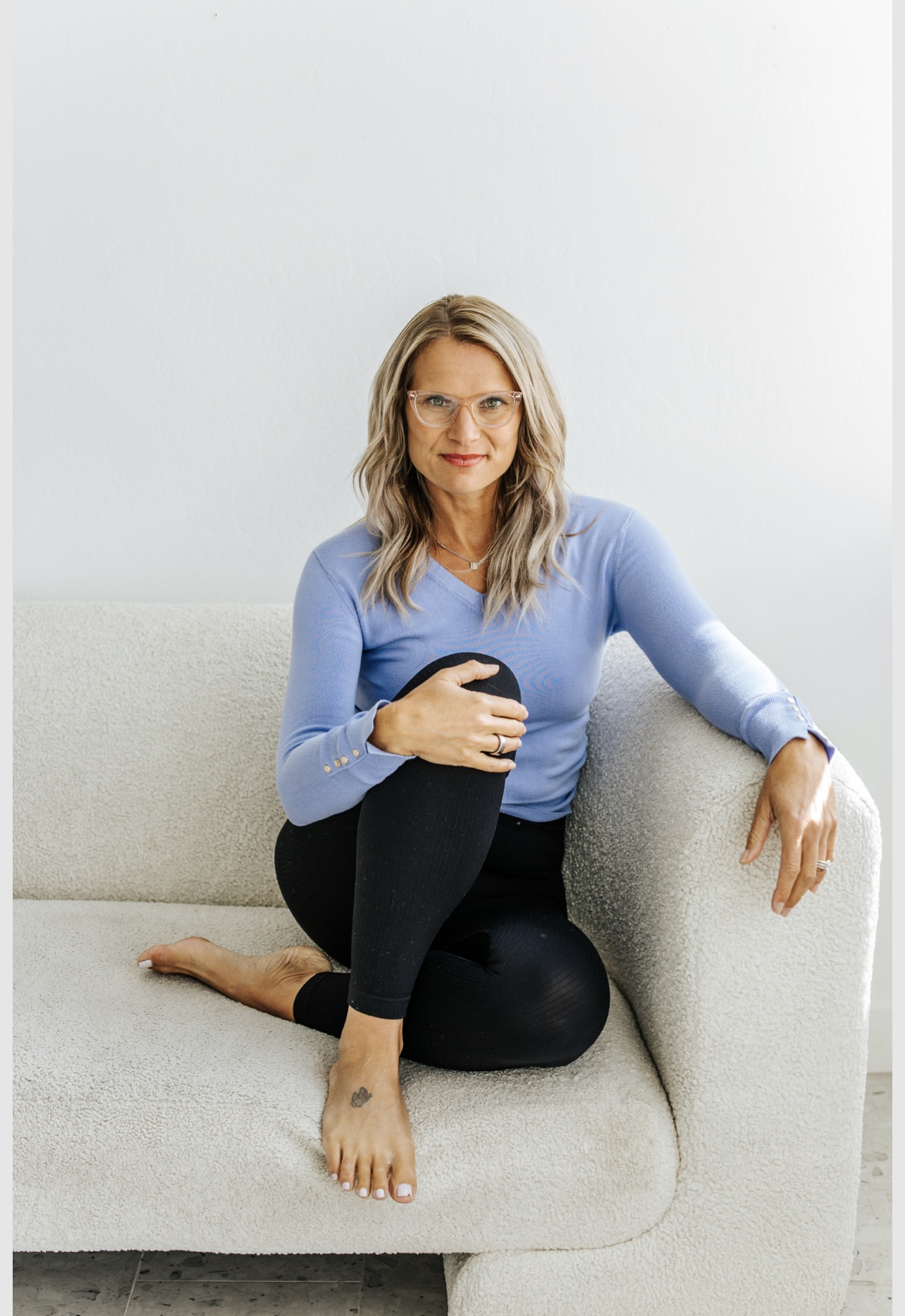What is your Diabetes Risk? November is National Diabetes Awareness Month
She would probably hate me sharing this. I’m sorry, Rebecca Sky. I love you.
But she freaks out every few months and has a bit of a panic attack. She thinks it’s going to happen to her.
She thinks she’s going to get the ‘betes.

She seeks me out, wherever I happen to be in the house. If I’m in the middle of a client meeting, oh well. If I’m awkwardly stepping out of the shower, so be it. If I’m shuffling around the kitchen, I’m fair game. She runs to me, covering her face, embarrassed but also slightly terrified.
“I know it’s stupid, and I know I need to trust the Lord, but I’m so scared I’m going to get diabetes”, she’ll wail.
This isn’t an unfounded fear.
-
- Her maternal grandmother has Type 1 Diabetes, and the illness is always a hot topic whenever we are all together. Debilitating illness truly runs one’s life. It’s rough to witness, but my mom does a great job taking care of herself.
- Her maternal cousin has Type 1 Diabetes (and kicks its butt, I’ll say! That girl knows her carb counts and boluses backwards and forwards).
- She has a super weird mom who talks about things like glycemic control and blood sugar regulation and insulin resistance (and poop, but that’s another post).
- Her maternal cousin has Type 1 Diabetes (and kicks its butt, I’ll say! That girl knows her carb counts and boluses backwards and forwards).
- Her maternal grandmother has Type 1 Diabetes, and the illness is always a hot topic whenever we are all together. Debilitating illness truly runs one’s life. It’s rough to witness, but my mom does a great job taking care of herself.
And this is why, in my heart of hearts, I thank the Lord that the church has free counseling available. I always knew I would screw up my kids in some way. To be honest, though, this was something I never saw coming.
Most kids fear monsters or global warming or COVID. My kid fears the ‘betes.
I take the blame. A few years ago, I got a shiny new glucometer. I decided I would test not only my own fasting blood sugar, but also the blood sugar of everyone in my family. I was normal (fasted 70-110 mg/dL). Beau was normal. Jackson, Chase, and Roman- normal.
Becca Boo? Elevated.
I shouldn’t have reacted with surprise. I should have played it cool. I instead said something like, “huh! look at that- you have high fasted blood sugar!”
I would take it all back if I could.
For all of the…issues...we are having with my indiscretion, I still maintain that it is a good thing to teach our kids about blood sugar control. They are fighting a losing battle. We are responsible for this generation of children. They are going to bear our grandchildren. They are going to take care of us when we are old. Why- why- are we feeding them school lunches that consist of the following (I am not making this up):
– Doritos Nachos
– 2 oz chicken cooked in vegetable oil
– 2 tbsp shredded iceberg lettuce
– 1 large packaged cinnamon muffin
– Poptart
– chocolate milk
– regular milk
Do you want to know how I know this? I have been the grateful recipient of free school lunches for the last few weeks. Every school in our town has been providing free school lunches since COVID hit, and I had been hearing about it from my mom friends so favorably for so long that we started breaking up our school/work day with trips to the local school to happily get our free school lunches.
But, guys. I can’t.
I love free stuff, I’m not going to lie (yes, I know my taxes pay for the lunches. They still feel free). And I love not having to answer the question, “what’s for lunch?” with the phrase, “meat, apple, carrot, and nuts”, and hear this “UGHHHHHHHH”.
I love the time out of the house with my kids, tooling around in the Suburban, Minecraft parodies blaring, breeze blowing in our hair, even if it’s just for 10 minutes a day.
But I can’t believe that someone, somewhere, just gave up on our kids. Someone, somewhere, was like, “corn, flour, and MSG is a perfectly acceptable way to fuel our children for 8 hours of education”.
And then.
Ritalin.
Xanax.
Lexapro.
Metformin.
These are the interventions provided when- lo and behold- our kids have behavioral, mood, skin, and energy issues.
‘Cause they’re eating crap.
And we are, too.
I am in the same boat as you. Cheap convenience foods taste good. Calorie-laden restaurant meals- even healthy restaurant meals- are easy and fun to eat. We don’t have time to cook dinner or breakfast, let alone pack a healthy lunch.
But you guys. Can we really keep doing this without any repercussions? I really don’t think so.
Listen to this statistic, already outdated from 2016:
The incidence of type 2 diabetes in youth has increased dramatically over the past 20 years. In the U.S., estimates are as high as 5,000 new cases per year (3). Prevalence increases with age, tripling from age 10–14 years to 15–18 years (4) (source).
Our kids more than likely all have some form of blood sugar dysregulation.
This, too (emphasis mine):
Dr. Joseph R. Kraft, MD was Chairman of the Department of Clinical Pathology and Nuclear Medicine at St. Joseph Hospital in Chicago, Illinois for 35 years. He spent a quarter century devoted to the study of glucose metabolism and blood insulin levels.
Between 1972 and 1998, Dr. Kraft measured the Insulin Response to a carbohydrate / glucose load in almost 15,000 people aged 3 to 90 years old using a 5-hour oral glucose tolerance test with insulin assays. Data from 10,829 of these subjects indicated that 75% of subjects were insulin resistant — even though their fasting blood sugar level was normal (source).
So 50 years ago, 75% of us were insulin resistant.
Even with normal blood glucose levels.
Do you get up to pee all night?
Do you have a belly that jiggles when you jump up and down?
Do you have a hard time losing weight?
Do you have skin tags?
You’re insulin resistant.
PS- lest you think I’m loftily gazing down from my high horse, I meet 4/4 of those requirements. It’s an uphill battle for many of us.
This is not good. Does anyone else have a vaguely unsettling mental picture of the humans in Wall-E, slurping on their meal replacement shakes while sitting in their motorized chairs?

We can do better.
The best part about blood sugar regulation and Type 2 Diabetes prevention is that it is totally within our own control. Genes are not destiny. Environment is not destiny.
We can start small.
Eat freaking breakfast, for heaven’s sake. Eat. Don’t skip meals twice a day. You’ll binge at night. Ask me how I know.
Besides, the famed diabetes educator and researcher Dr. Richard Bernstein says that it doesn’t matter if you are eating a loaf of sourdough bread or an entire head of lettuce.
The upper part of the small intestine contains cells that release hormones into the bloodstream whenever they are stretched, as after a large meal. These hormones signal the pancreas to produce insulin in order to prevent the blood sugar rise that might otherwise follow digestion of a meal. Large meals will cause greater stretching of the intestinal cells, which in turn will secrete proportionately larger amounts of these hormones (source).”
If you stretch your stomach to the max, an insulin release is triggered. Literally, even with lettuce.
Eat normal sized, regular meals. Balance out your fat, protein, and carbs. Stop looking for the quick fix. Keto won’t save you. It won’t make your marriage better. It probably won’t get you into you high school jeans either. It will just make you tired, grumpy, and gallbladder-y.
Eat lunch. A real lunch. Not too big, not too small.
If you eat at 12pm, you’ll probably need a small snack around 3. That’s ok. Try 1 tbsp nut butter on a few sticks of celery. This will help you not overeat at dinner, thus triggering the Chinese Restaurant Effect (see above).
Eat a reasonably sized, balanced dinner. And a small treat afterwards if you want. Stop being so nutty about your food and your diet. Just eat. Eat what your ancestors ate. We call that food.
This?

This is not food.
Stop eating your feelings. Stop using being full as a substitute for dealing with hurt, boredom, anger, and bitterness.
Feel your feelings, deal with them, and move on. Teach your kids to do the same.
Just eat real food. If you can grow it or hunt it or pick it, it’s food. This is easy for even a child to understand. These are good lessons to teach our kids.
We are all at a higher risk for metabolic diseases like diabetes than we would like to be. But we have the power to reverse this risk. Use the simple advice outlined above. Be aware of the things that can contribute to diabetes. Work to stay away from those things.
If you need more help, you can get Nourished for yourself and your family right here. It is a super empowering program that shows you how to care for yourself and your family.
So even though November is National Diabetes Awareness Month, you don’t have to be anxious. You can take steps to protect yourself and your family.
I’ve worked with many clients who suffer from Type 1 and Type 2 Diabetes. If you need help with a holistic lifestyle management plan, I can help with that, too. Book a free call with me and we can talk about your goals.
To your health,
Jennifer






